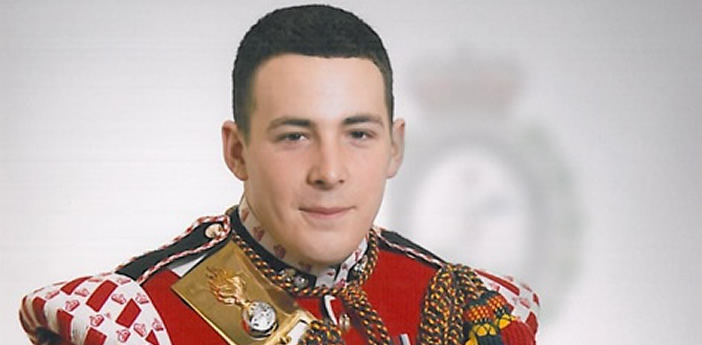The murder to Fusilier Lee Rigby on the streets of Woolwich could not have been prevented, despite his killers being known to the intelligence services, a report has found.
The parliamentary inquiry did criticise the intelligence community for a number of errors, and noted that Rigby’s killers had appeared in seven different investigations.
The report concluded that while some processes were not followed, decisions not recorded, and delays encountered, the errors were not significant enough to have made a difference. The intelligence agencies “were not in a position to prevent the murder of Fusilier Rigby” given what they knew at the time of the attack on 22 May 2013.
Michael Adebolajo had been the focus of two MI5 operations, but the investigations failed to reveal any evidence that he was planning an attack, and Michael Adebowale was only ever considered a low level subject of interest. The two men were therefore not considered a high priority for monitoring, with MI5 actively investigating thousands of individuals for links with Islamic extremism at any one time.
The report found that the only piece of information that could have prevented the attack was an “online exchange in December 2012 between Adebowale and an extremist overseas, in which Adebowale expressed his intent to murder a soldier in the most graphic and emotive manner”. However, this information was only presented to the police by the internet company after the attack and under the condition that it would remain anonymous.
The report condemns the actions of the communications company, saying:
“One party which could have made a difference was the company on whose system the exchange took place. However, this company does not regard themselves as under any obligation to ensure that they identify such threats, or to report them to the authorities. We find this unacceptable: however unintentionally, they are providing a safe haven for terrorists.”




